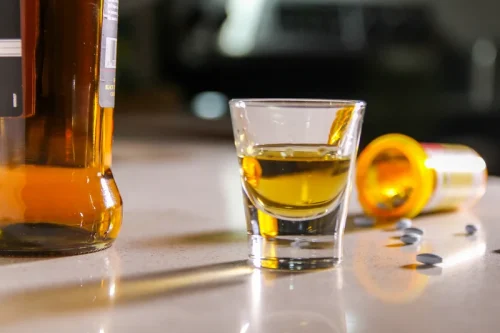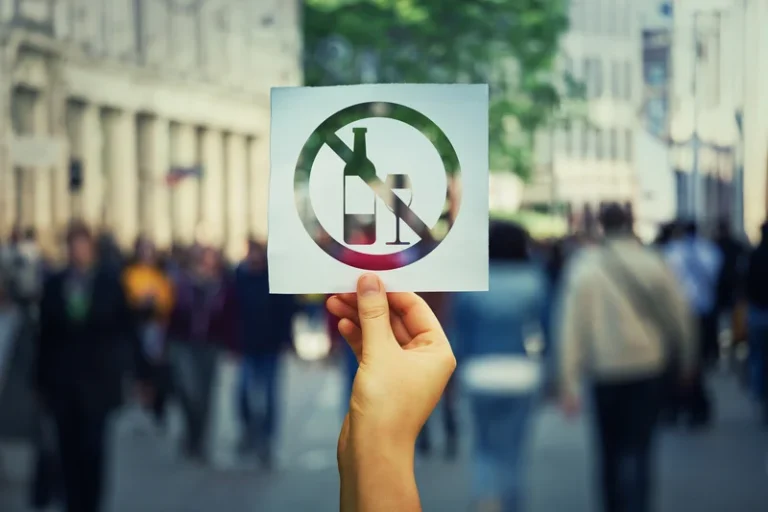
Children who are victimized have very little control over the traumatic event and may experience severe emotional distress as a result. Margaret was raised in a chaotic environment, experiencing extensive physical abuse first by her alcoholic parents, then later in an abusive relationship. During one particularly disturbing event, she recalled being severely beaten, then locked in a closet, bleeding, for several hours. She also recalled sexual abuse by her intoxicated father from the ages of 8 to 14. Following this experience, Margaret began abusing a variety of substances, primarily alcohol.
Connect with NIMH

While PTSD and alcohol use disorder appear to be complex issues, effective treatment models help patients recover successfully. At the Perry Clayman Project (PCP), we offer comprehensive residential treatment programmes that provide medical alcohol detox, which is crucial for managing withdrawal symptoms. If you’re dealing with complex trauma and AUD, don’t hesitate to reach out to a mental health professional.
Are you covered for insurance treatment? Find out now.

Margaret sought treatment from an alcoholism treatment provider after yet another extended bout with heavy drinking left her physically exhausted. She was referred for pharmacotherapy with naltrexone and concomitant psychotherapy using prolonged exposure, which was modified to include a focus =https://ecosoberhouse.com/ on the functional relationship between PTSD symptoms and drinking. Prolonged exposure involves repeated, prolonged, imaginal exposure to the trauma memory or memories that arise during therapy.
Trauma and PTSD Can Lead to Problems with Alcohol

They can act as they normally would, but then the memory loss is noticed the next day when they’re sober. Blacking out from alcohol doesn’t necessarily indicate an alcohol addiction – or an alcohol use disorder – but it can be a sign of dangerous and problematic drinking behaviors. If you experience blackout drinking regularly, it may be time to assess your alcohol use. Alcohol blackouts can happen when your BAC is 0.16% or higher.6 This often happens if you drink too much or more than you can process. Drinking quickly causes your blood alcohol level to rise rapidly, increasing the risk of memory loss. Exposure to an uncontrollable negative event elicits the familiar “fight-or-flight” response.

These sources of trauma, known as military sexual trauma, is also a common factor in veteran blackout drinking. Dealing with military-related trauma, whether it’s PTSD, combat trauma, or sexual trauma, may be too much ptsd alcohol blackout to handle on your own. Often, veterans feel that they have to rely on alcohol to cope with the invisible wounds of war. And among veterans, unhealthy habits, like frequent blackout drinking, can have profoundly negative effects across all facets of life. Evidence-based psychological interventions are the first choice treatments and can be delivered to individuals or groups, in person or online.
- The duration of PTSD blackouts can vary greatly, ranging from brief moments of disorientation to prolonged periods of lost time.
- Taken together, the papers included in this virtual issue on AUD and PTSD raise important issues regarding best practices for the assessment and treatment of comorbid AUD/PTSD, and highlight areas in need of additional research.
- Between six and eight of every ten (or 60% to 80% of) Vietnam Veterans seeking PTSD treatment have alcohol use problems.
- Others may struggle with more frequent episodes, sometimes occurring daily or multiple times per week.
How to Stop Blacking Out When Drinking Alcohol?
Many people with complex PTSD use alcohol to self-medicate, which may Twelve-step program lead to alcohol use disorder (AUD). They can lead to feelings of stress and anger and may interfere with parts of daily life, such as sleeping, eating, or concentrating. Information about NIMH, research results, summaries of scientific meetings, and mental health resources.
- For effective treatment, it’s necessary to manage both issues simultaneously, which requires a deeper understanding of how they correlate.
- One study found that in a large sample of undergraduate college students, 85% reported experiencing a past Criterion A traumatic event, and over the course of two months 21% had experienced another Criterion A trauma (Frazier et al., 2009).
- Thankfully, however, getting sober for good becomes much easier with support from other veterans.
- Calls to numbers on a specific treatment center listing will be routed to that treatment center.
- All calls will be answered by Pinnacle Health Group or Still Behavioral Health Group, both of whom are paid advertisers.
PTSD Signs and Symptoms: A Self-Assessment Guide for Seeking Help
Regardless of age, recent studies show more frequent blackout experiences are related to an increase in memory lapse and cognitive difficulties even after alcohol misuse is corrected. This means that even after a blackout occurs, you can continue to experience memory loss and other difficulties recalling memories. Studies show that the relationship between PTSD and alcohol use problems can start with either issue. For example, people with PTSD have more problems with alcohol both before and after they develop PTSD.
Disorders
Your mind does not know how to react around certain sights, smells, sounds and other sensory factors that remind you of that event. Blackouts are not necessarily a sign of alcohol use disorder, but experiencing even one is a reason for concern and should prompt people to consider their relationship with alcohol and talk to their health care provider about their drinking. Alcohol-related blackouts are gaps in a person’s memory for events that occurred while they were intoxicated.





اخر التعليقات